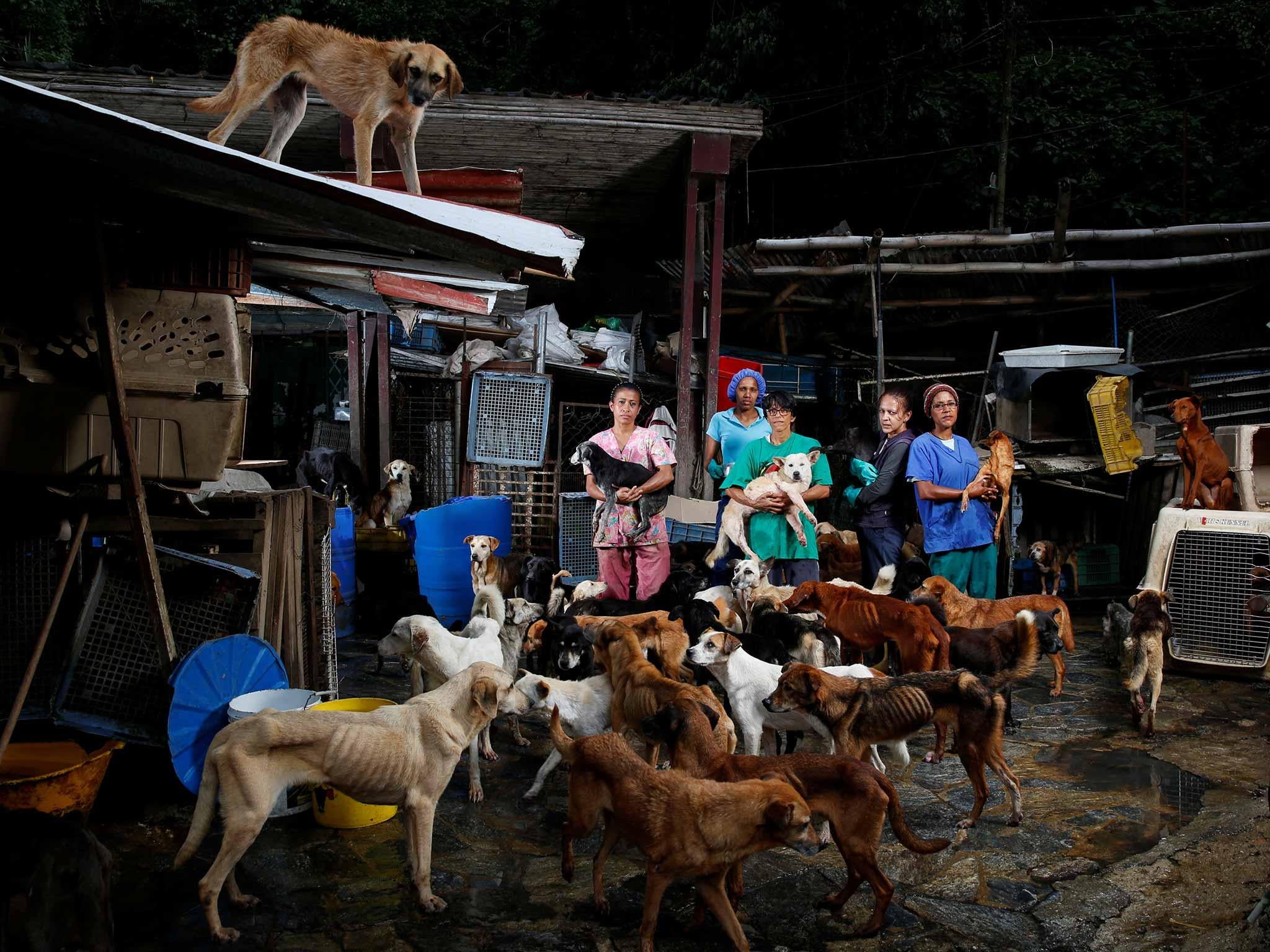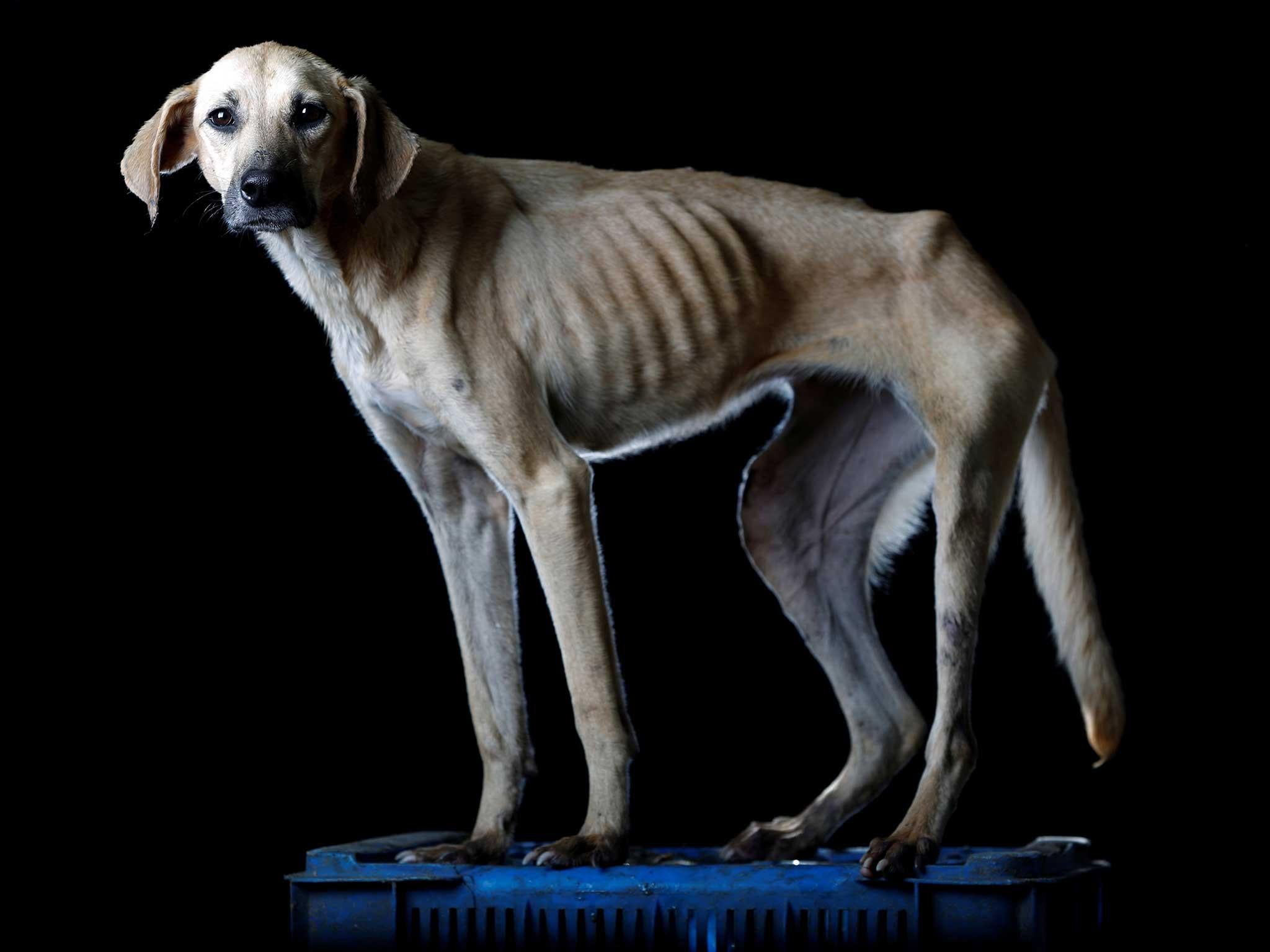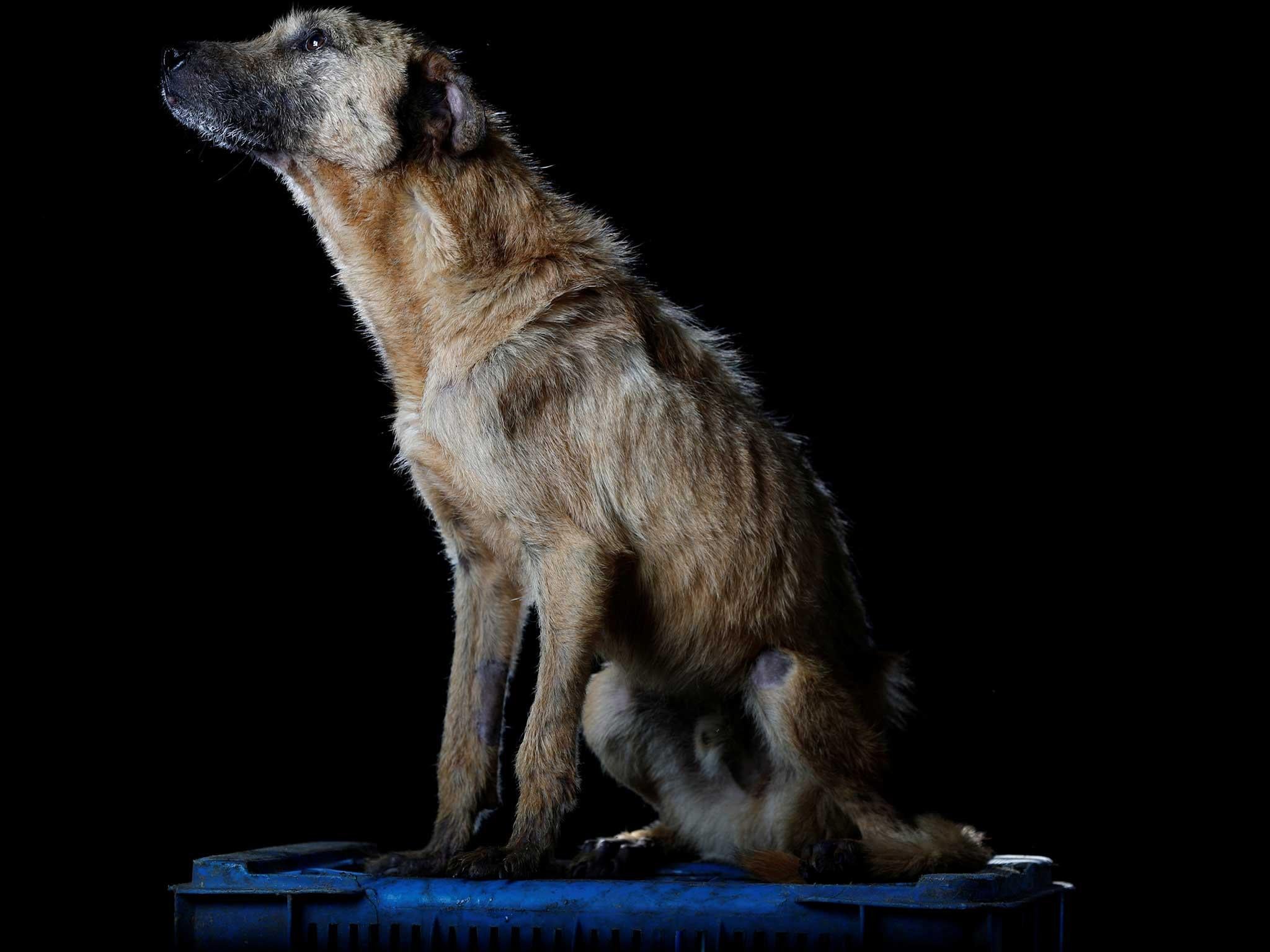Venezuela’s abandoned dogs: with runaway inflation, people can no longer afford their pets
With wages that now barely cover the necessities for daily living, many people are unable to look after their animals. Words by Kenneth Dickerman, photos by Carlos Garcia Rawlins

Your support helps us to tell the story
From reproductive rights to climate change to Big Tech, The Independent is on the ground when the story is developing. Whether it's investigating the financials of Elon Musk's pro-Trump PAC or producing our latest documentary, 'The A Word', which shines a light on the American women fighting for reproductive rights, we know how important it is to parse out the facts from the messaging.
At such a critical moment in US history, we need reporters on the ground. Your donation allows us to keep sending journalists to speak to both sides of the story.
The Independent is trusted by Americans across the entire political spectrum. And unlike many other quality news outlets, we choose not to lock Americans out of our reporting and analysis with paywalls. We believe quality journalism should be available to everyone, paid for by those who can afford it.
Your support makes all the difference.↵
↵
Venezuela is in a state of crisis. Prices for everyday necessities have skyrocketed. And that includes the things people need to feed their animals: dog food can fetch up to $50 (£38.50) for a 40lb bag. According to Reuters, average Venezuelans on minimum wage are pulling in $23 a month. The maths is pretty obvious, with wages that low, it is difficult for people to afford the daily necessities for themselves, let alone their pets. And so Venezuela is now experiencing an increase in dogs being abandoned by their owners.
Venezuelans are dropping their dogs off in streets and parks. But there are also makeshift shelters where people can leave their pets. Maria Arteaga oversees one of these shelters – Famproa in Los Teques, in the hills outside Caracas – and has seen the rise in abandoned dogs. Arteaga told Reuters: “The crisis has hit hard…people are abandoning their dogs because they can’t afford food and because they’re leaving the country.” Although Arteaga doesn’t keep an official register of the number of dogs her shelter has been taking in, she says that there has definitely been an increase, with nine poodles being deposited at her shelter in just two weeks.






© Reuters/The Washington Post
Subscribe to Independent Premium to bookmark this article
Want to bookmark your favourite articles and stories to read or reference later? Start your Independent Premium subscription today.
Join our commenting forum
Join thought-provoking conversations, follow other Independent readers and see their replies
Comments